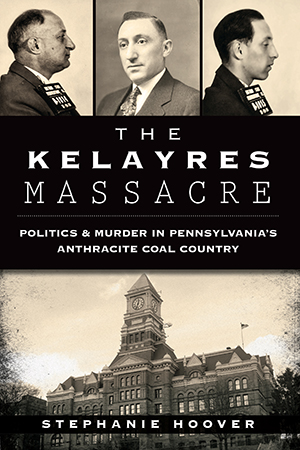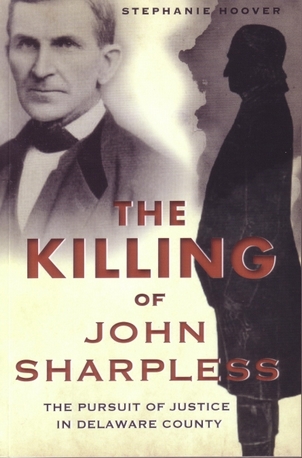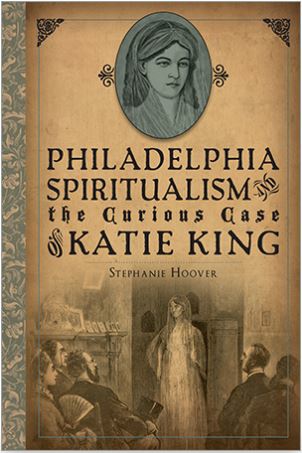Pennsylvania's Court of Quarter Sessions
© Stephanie Hoover - All Rights Reserved
From its introduction in the 17th century, Pennsylvania's court of quarter sessions held wide-ranging authority. Based on English law, William Penn required creation of this court in each of the three original counties. These and all subsequent counties operated quarter sessions courts until a constitutional change in 1968 consolidated them with the courts of common pleas.
Meeting four times per year and hearing all but the most serious criminal cases, the early quarter sessions justices presided over matters ranging from cursing, to selling beer without license, to fornication and bastardy. And, it was in quarter sessions courts that many of the "housekeeping" chores of the counties were handled: creation of new roads, acknowledgment of deeds, construction of public buildings, and establishment of boundary lines of boroughs and townships. Prior to 1906 the court of quarter sessions (in addition to the courts of oyer & terminer and common pleas) also had jurisdiction over the naturalization of aliens.
Because of the eclectic authority of these courts, many of our ancestors' names appear in the records. Some mentions are quite mundane, such as instances in which the courts' justices legitimized the sale and purchase of land by acknowledging deeds. Other cases are far more revealing. Such is the story of Mary Scaife of Bucks County who, in 1695, admitted to the court that she had given birth to an illegitimate child. She further admitted that the father of the child was one James Heaton. For the crime of "fornication and bastardy" the court levied a fine against Mary in the amount of three pounds - a fine her father promised to pay. Heaton, who was tried separately, pled not guilty to the charge. The jury believed otherwise and he was proclaimed guilty of "begetting a child of Mary Scaife." Regardless of the judgment or perceived crime, however, the existence of this record allows an ancestor to trace the parentage of the illegitimate child of Mary Scaife and James Heaton. Clearly, it makes the study of this resource well worth the time.
In addition to microfilmed copies of original dockets found in archives and libraries, some quarter sessions records have been transcribed, published or filmed by individuals, heritage societies, or educational institutions. The quarter sessions records detailing the trial of the Molly Maguires, for instance, were published in book form due to the obvious historic import. Temple University School of Law microfilmed Philadelphia's quarter sessions dockets for the years 1752-1787. In an attempt to preserve remaining York County quarter sessions records, the South Central Genealogical Society, Inc. abstracted and published all known existing dockets from 1749-1754. Often indexed, these private compilations can be of particular value.
To learn if your ancestors may be included in quarter sessions records, you will have to search in the specific county of residence. The following checklist may help you locate available resources:
- Visit the Pennsylvania State Archives web site found at www.phmc.state.pa.us. Check both "record groups" and "manuscript groups" for a list of records for the county in question. If quarter sessions records exist, note the years.
- Check the Pennsylvania State Library catalog accessible online at www.statelibrary.pa.us to see if any applicable records are available via interlibrary loan.
- Visit PennsylvaniaResearch.com's directory of Pennsylvania genealogical and historical societies. Many of these organizations have research libraries and might have quarter sessions records.
- Also check PennsylvaniaResearch.com's list of available court records searches, which includes quarter sessions filings.
- Check with the county court house. Keep in mind, however, that county boundaries changed. Knowing the parent counties of your ancestors' counties of residence will alleviate wasted research time.
- Online copies may also exist, so search for availabilities.


